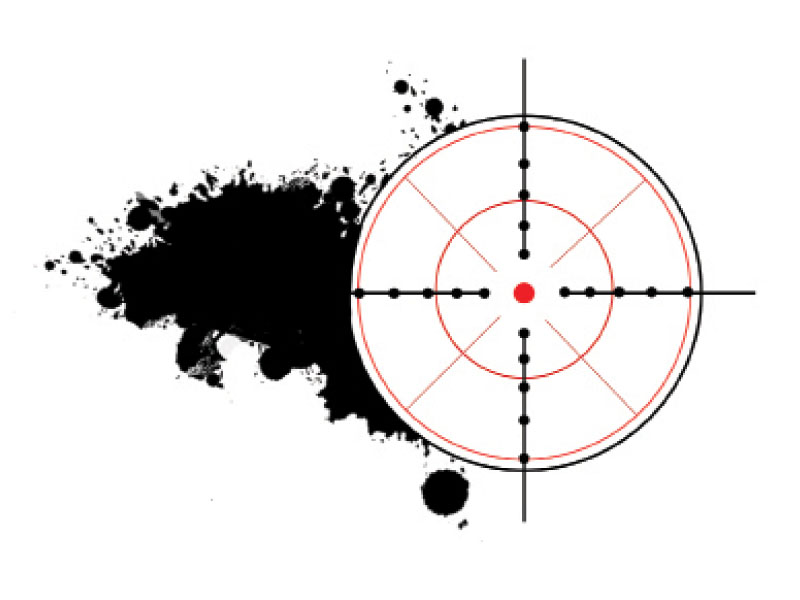

There are ‘headline’ items in the NAP, foremost among which is the establishment of special courts to try those accused of terrorist offence — and those courts are to be run by the military. They are to be expeditious in the disposal of cases, and it is to be hoped that this is not a recipe for summary justice and unsafe convictions. The message that the setting up of these new courts sends is one of a recognition of failure by the existing court system, a message unlikely to be well received by the judiciary. Courts are far from perfect, slow and inefficient, but their work is often hampered by the poor quality of evidence presented by the police and prosecution. They are also open to threats made by those supporting the accused, which may be more difficult to make if the court is run by the military. Time will tell, and we suggest that the new military courts be open rather than ‘in camera’ as justice needs to be seen to be done if it is to be credible.
Item eight, the establishment and deployment of a counter-terrorism force is another area of deja vu, as is item four regarding the strengthening and activation of the National Counter-Terrorism Authority. Item 20, the reform of the criminal justice system is going to take many years if it is to be as thorough as it needs to be, and the proposal will have little or no impact on the prevailing poor security environment. Also being revisited at item 10 is the registration and regulation of madrassas. No government has ever followed through on a commitment such as this, as it means tackling head on the conservative religious establishment. Realistically, there seems to be little chance of the current dispensation following through on this item although we hope this does not turn out to be the case.
Funding for terrorist groups and an attempt to limit it is item six, and if the government is going to be truly serious about this, it is going to mean ruffling feathers and treading on toes that have traditionally been ignored. Item five relates to countering hate speech. There is already legislation in place under which hate speech may be prosecuted, but it is effectively redundant. Its enforcement would see the arrest of any number of individuals, clerical and otherwise, and as with item six, it needs to be ensured that the authorities go beyond a token prosecution here and there.
While the NAP at first glance seems like a positive attempt at countering the challenge that the country faces, it needs to be turned into an executable plan. Right now, most if not all 20 points are ‘ideal world’ solutions and Pakistan is far from being ideal. It is no exaggeration to say that nationally this is a terrorist-friendly environment, where terrorist sympathisers and facilitators exist across the board and within all the organs of state. We would like to see a sincere implementation of the points included in the NAP although the authorities are sure to face significant challenges in this regard.
Published in The Express Tribune, December 27th, 2014.
Like Opinion & Editorial on Facebook, follow @ETOpEd on Twitter to receive all updates on all our daily pieces.


















COMMENTS
Comments are moderated and generally will be posted if they are on-topic and not abusive.
For more information, please see our Comments FAQ